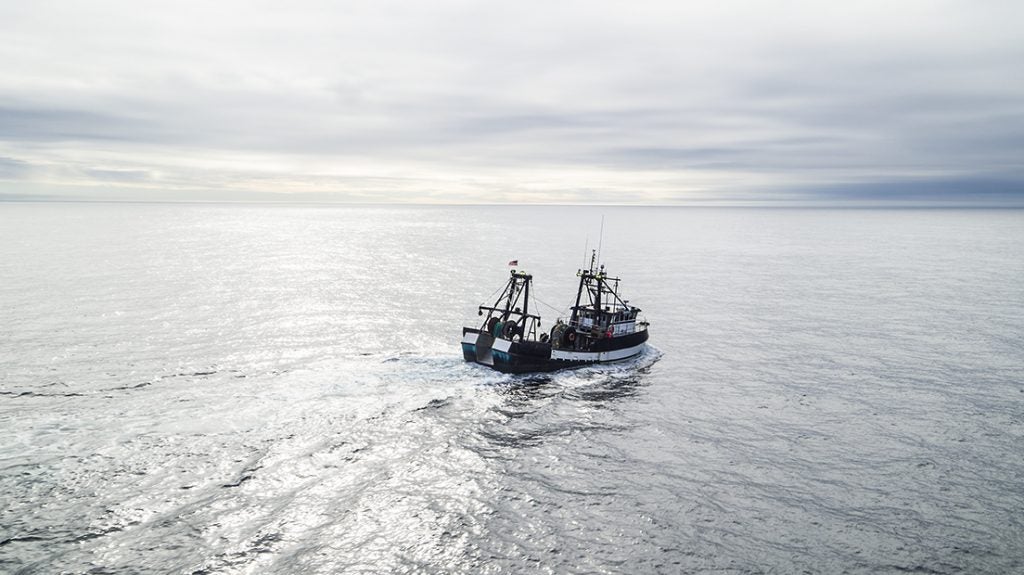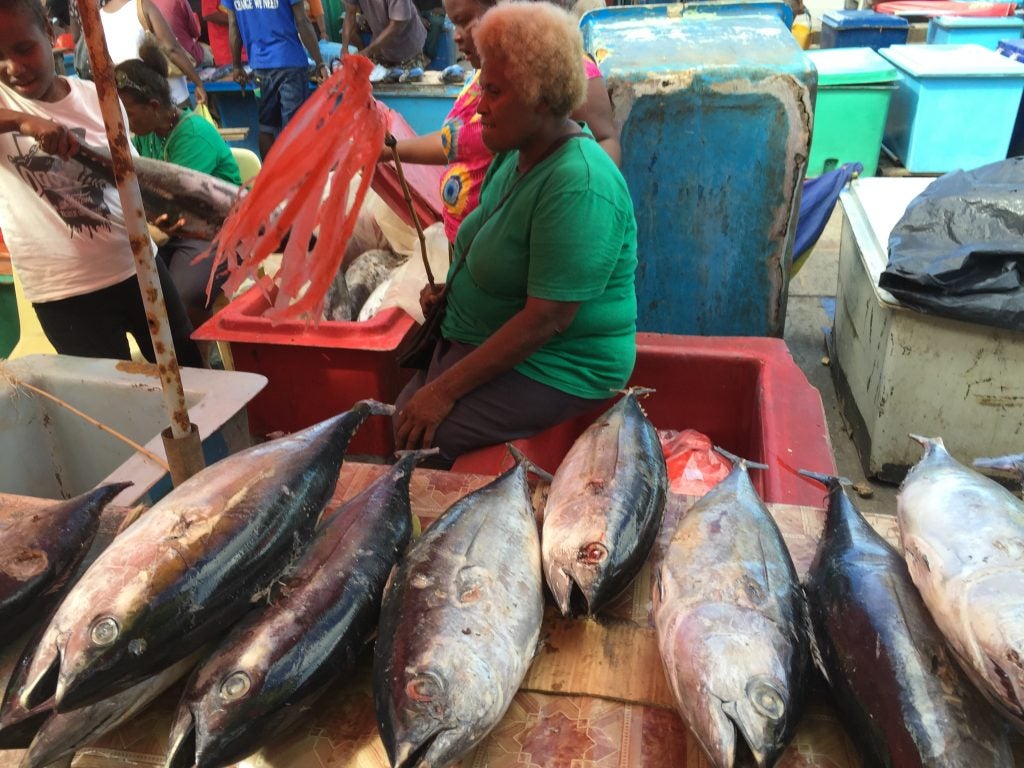By Shems Jud and Matt Tinning
Win-win outcomes, delivering results for the economy and the environment, can feel few and far between these days. But you don’t have to look further than the West Coast’s biggest fishery to see a remarkable example of mutually-beneficial progress. An announcement this week that a strong recovery in the fishery would now permit dramatic increases in harvest levels was celebrated by fishermen and conservationists alike, and provided further proof that a healthy ecosystem can go hand-in-hand with a profitable fishing industry and thriving coastal communities.
The Pacific groundfish fishery harvests petrale sole, lingcod, a number of rockfish varieties and a whole host of other species. It has seen some bleak times over the years, pushed to the brink of collapse and declared a federal disaster in 2000 as a result of profound management failures. Dramatic increases in harvest limits announced for the fishery this week are another key milestone in a hard-won turnaround. The most significant changes to harvest specifications are for rebuilt stocks like bocaccio, darkblotched rockfish, and Pacific ocean perch as well as for stocks with improved assessments such as lingcod, California scorpionfish, and yelloweye rockfish. NOAA estimates that harvest level increases will create 900 new jobs and $60 million in additional income for West Coast communities in 2019 alone. Read More











